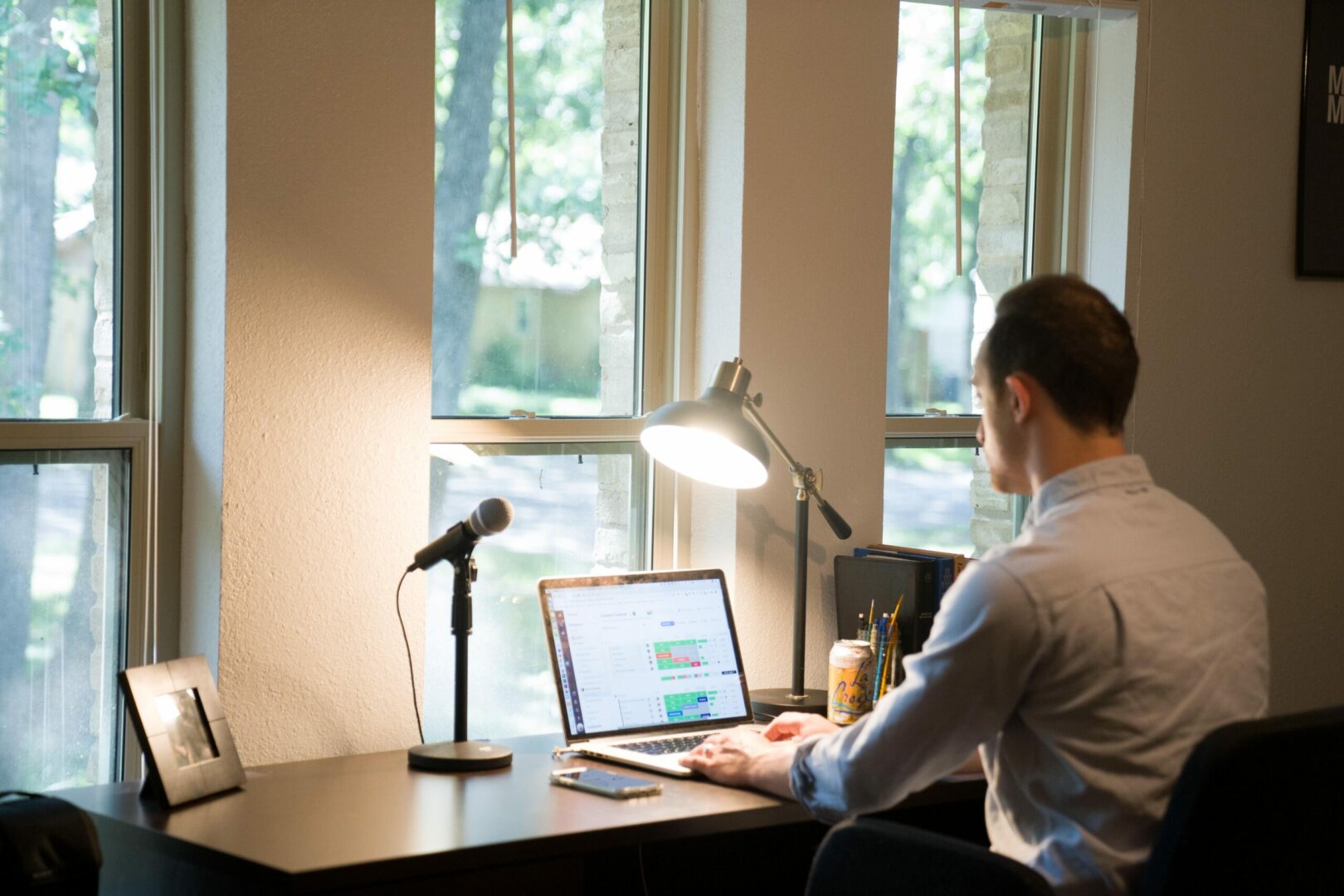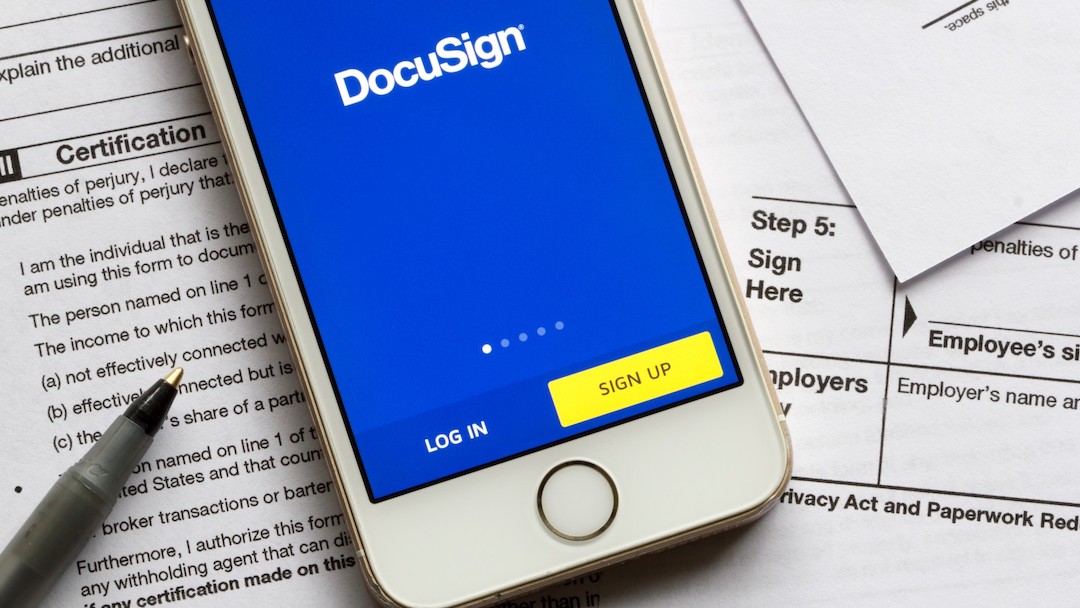This past year we have found ourselves inside our homes more often, and isolated from our friends and family more than ever before. As a consequence, many of us have experienced a decline in our overall mental (and physical) wellbeing.
We no longer stop to get a coffee, talking to the barista about our morning before getting on the train or into our cars and commuting to work where we see our colleagues, asking them how their weekend went or asking how their recently ill mother is doing before starting our day.
We now simply roll out of bed and sit in front of our computers in our empty home. No polite stranger smiles at us on our way to work and no colleagues check in on us, offering some emotional support if we need it. This way of life is very unusual to us, and because of that it brings up a whole number of unusual emotions as well.
#BellLetsTalk
On January 26th, Bell runs a mental health awareness campaign called #BellLetsTalk. The goal of this initiative is to create a conversation around mental health in order to reduce the stigma that so often prevents people from getting help. The campaign also attempts to provide easy to access information on mental health, and resources where individuals can look for help. Bell outlines that there are small, but very effective, changes that we can make in our everyday lives to help fight the stigma around mental health which are as follows.
Be Kind
The words you use can make a difference. Speaking to yourself with kindness and watching the language that you use when speaking to others can make it so that someone chooses to reach out for help. During work from home, speaking with our colleagues in a more casual setting has gone by the wayside. Making a point to check in with your colleagues and asking about their personal lives could make all the difference to someone suffering alone.
A simple act of kindness has been proven to go a long way. Smiling at those you encounter in a day, being a good listener, or even just inviting a friend you haven’t seen in a while out for a coffee do more for our mental health than we realise. During the past couple of years we have been stuck in our houses more than ever; asking your neighbour if they would like to go for a walk with you is a great way to get out of the house, get some fresh air, and spend time with someone who could be a great support system for you.
Mental Health Education
Educating yourself on mental health so that you can best help yourself and others is key. Knowing how to locate resources and how to speak with those having a mental health crisis could mean the difference between getting someone the help they need, and simply supporting someone for a moment in time. While momentary support is hugely important, sometimes working with a professional is what someone needs to truly start to recover. The #BellLetsTalk (link) website can help you begin your education in mental health and be a starting point for further research should you be interested.
Talk About Mental Health
Simply talking about mental health will actively break down the stigma surrounding it. By discussing mental health both in our personal and professional lives, we can let those suffering know that they are not alone. Feeling isolated is often what stops individuals from improving, and by knowing that others out there both struggle with their own mental health issues and are not ashamed to speak out about it, it can help those around us begin to recover without us even knowing it.
Understanding Life is Messy
When dealing with your own mental health, understand that it can be messy. Everyone goes through different struggles and no two cases are alike.
Do not compare yourself to those around you, your struggles with mental health are yours alone and require their own unique treatments.
Your recovery process will be unique and at times it may feel as if your mental health is getting worse instead of better. Take things one day at a time and look at the big picture instead of the day to day.





Subscribe To Our Newsletter
Join our mailing list to receive the latest news and updates from our team.
You have Successfully Subscribed!